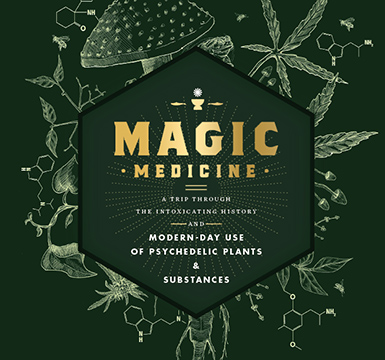Posts tagged "neuroscience"
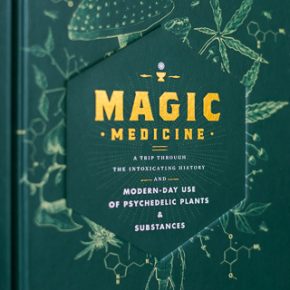
First Peek at My New Book ‘Magic Medicine’
It’s finally here! Two years ago I started researching and writing Magic Medicine: A Trip Through the Intoxicating History and Modern-Day Use of Psychedelic Plants & Substances. After much tweaking and editing, the first printed copy is here! (The public release date is June 5th.) From the very beginning, I wanted the book to more than just fascinating in its subject matter — I wanted it to be a beautiful object, something you would be proud to have on your nightstand or bookshelf. I wanted a book that would demand your attention and spark conversations, a book you could not help but...
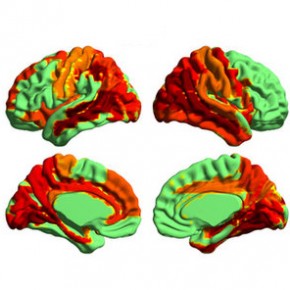
New Study: Psychedelics Really Do Produce a Higher State of Consciousness
Trippers, researchers, and abstainers alike have casually referred to the psychedelic experience as an “expanded” state of mind for many years. Even the terminology of being “high” implies a somehow raised form of consciousness. Now, for the first time ever, researchers have found neurological evidence to support that view. In a study conducted at the University of Sussex and Imperial College, London, scientists discovered that psychedelics like LSD, psilocybin, and even the dissociative ketamine all produce a “higher” state of consciousness. But what does that mean? Previous research has shown that measures of “neural signal diversity” in the brain change...
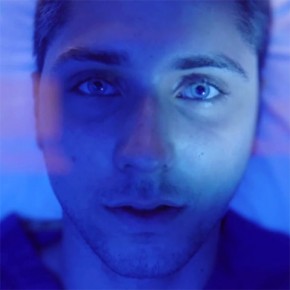
Scientists are crowd-funding the first ever LSD brain imaging study
Dr. David Nutt and Dr. Robin Carhart-Harris, the researchers who blew your mind with a landmark psilocybin study in 2013, are at it again. This time they’re examining the effects of LSD on the brain, and they want your help. The active research phase has already been conducted — 20 volunteers were dosed and scanned, producing the world’s first images of brains on LSD. Now the researchers must analyze the raw data before they can publish the results. To fund this final phase of the study, the scientists have launched a crowd-funding campaign on Walacea.com in partnership with the Beckley Foundation. Within the first 24 hours,...
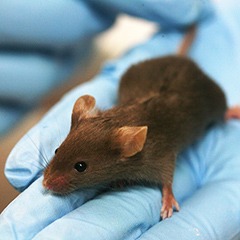
Low dose psychedelics increase neurogenesis, help mice unlearn fear
A new study of mice published in Experimental Brain Research shows that low doses (but not high doses) of psychedelics increase the rate of neuron creation in the hippocampus, and help the mice to rapidly unlearn conditioned fear responses. From the abstract (paragraph breaks added for readability): Drugs that modulate serotonin (5-HT) synaptic concentrations impact neurogenesis and hippocampal (HPC)-dependent learning. The primary objective is to determine the extent to which psilocybin (PSOP) modulates neurogenesis and thereby affects acquisition and extinction of HPC-dependent trace fear conditioning. PSOP, the 5-HT2A agonist 25I-NBMeO and the 5-HT2A/Cantagonist ketanserin were administered via an acute intraperitoneal injection...
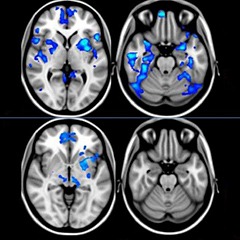
How Psilocybin Works: Addition by Subtraction
Psychedelic Frontier gladly welcomes our first guest, Zizo! A big thanks to Zizo for today’s post about some surprising psilocybin research results. Psilocybin is the inactive precursor of psilocin, the chemical primarily responsible for the hallucinogenic effects of Psilocybe “magic mushrooms”. Though human cultures have used this entheogen for many centuries, we are only just beginning to understand the physiological mechanism by which it produces its psychedelic effects. This slow scientific progress is a result of harsh international drug policy, but I digress… The psychedelic trip is often described as profoundly mind-expanding, and the brain is popularly presumed to...

